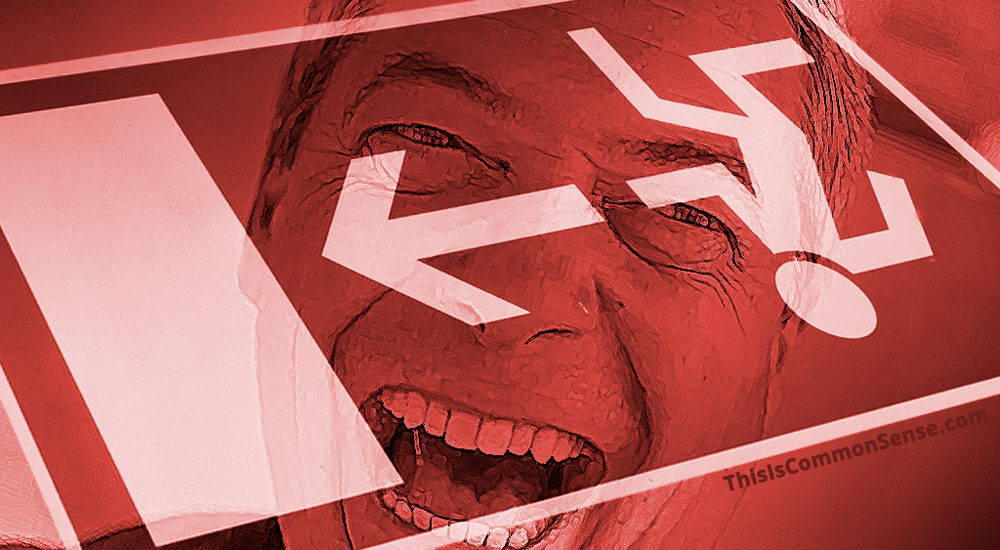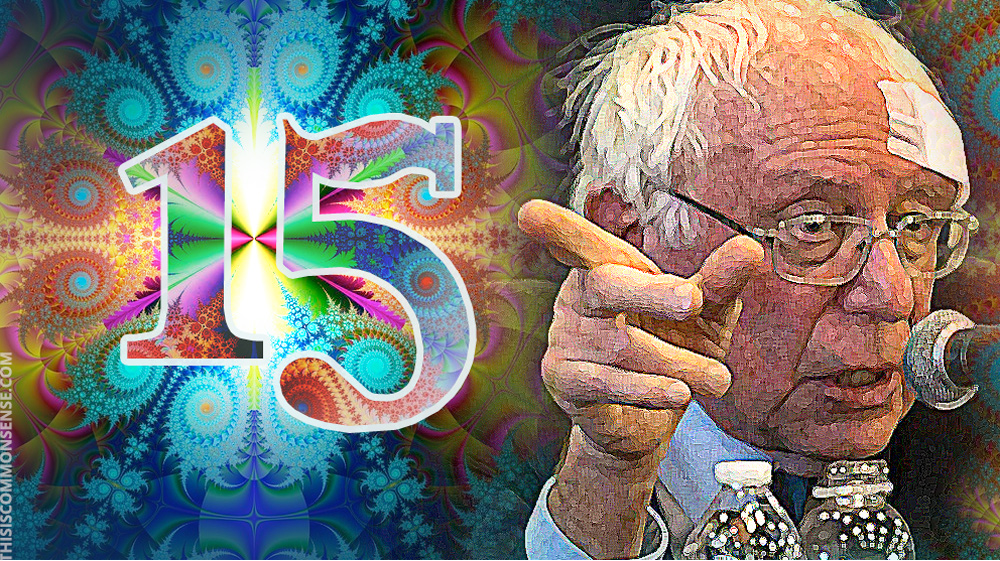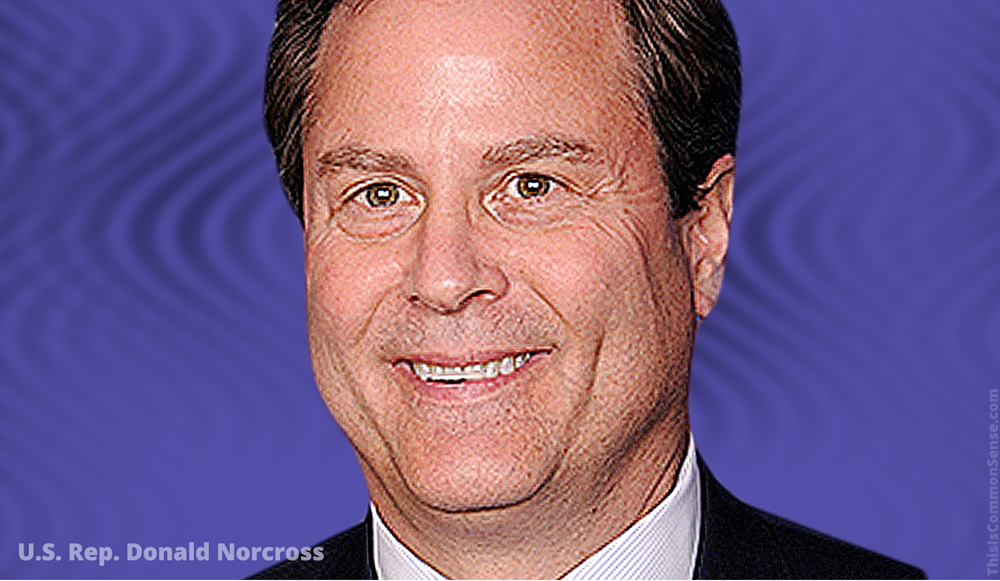A YouGov poll of British voters asking who should lead Parliament, conducted a week after Britain’s European Union Parliamentary elections and in advance of Prime Minister Theresa May’s June 7 departure as Tory leader, provides some shocks.
In the poll, Labour and Conservatives trail behind the Liberal Democrats* and something called The Brexit Party. This is, says YouGov’s director of political research for Great Britain, the first time that two “third parties” have polled ahead of both Labour and the Tories.
“The Liberal Democrats held the support of 24 percent of voters, while the Labour and Conservative parties were tied at 19 percent each,” The Hill summarizes. “The far-right Brexit Party came in second place, with 22 percent of voters’ support.”
In the U.K.’s European elections of the week before, the Brexit Party came out in the lead.
This is the (British) world turned upside down.
What it means for Americans is unclear, but what it means for one American news outlet apparently is crystal: the single-issue Brexit Party is “far right.”
Really?
While the traditionally left Labour and traditionally right Tory voters are split on Brexit, The Hill sees this as somehow a left/right issue. Not obvious.
Nevertheless, The Hill insists on having its American readers see the situation in a way designed to favor one position. Because “far right” is bad, and “far left” is never used** even to label Labour’s egregious, Castro/Chavez-loving, Cuba-Venezelua-apologetic leader Jeremy Corbyn.
With cues like that, insiders keep outsiders out.
And perhaps that’s the way to think about Brexit: as literally a matter of Insider/Outsider, with the outsiders still wanting out.
This is Common Sense. I’m Paul Jacob.
* The year was 1922 when last a Prime Minister was not a Tory or Labour.
** I did not see it in my Google search of The Hill, anyway!

—
See all recent commentary
(simplified and organized)










